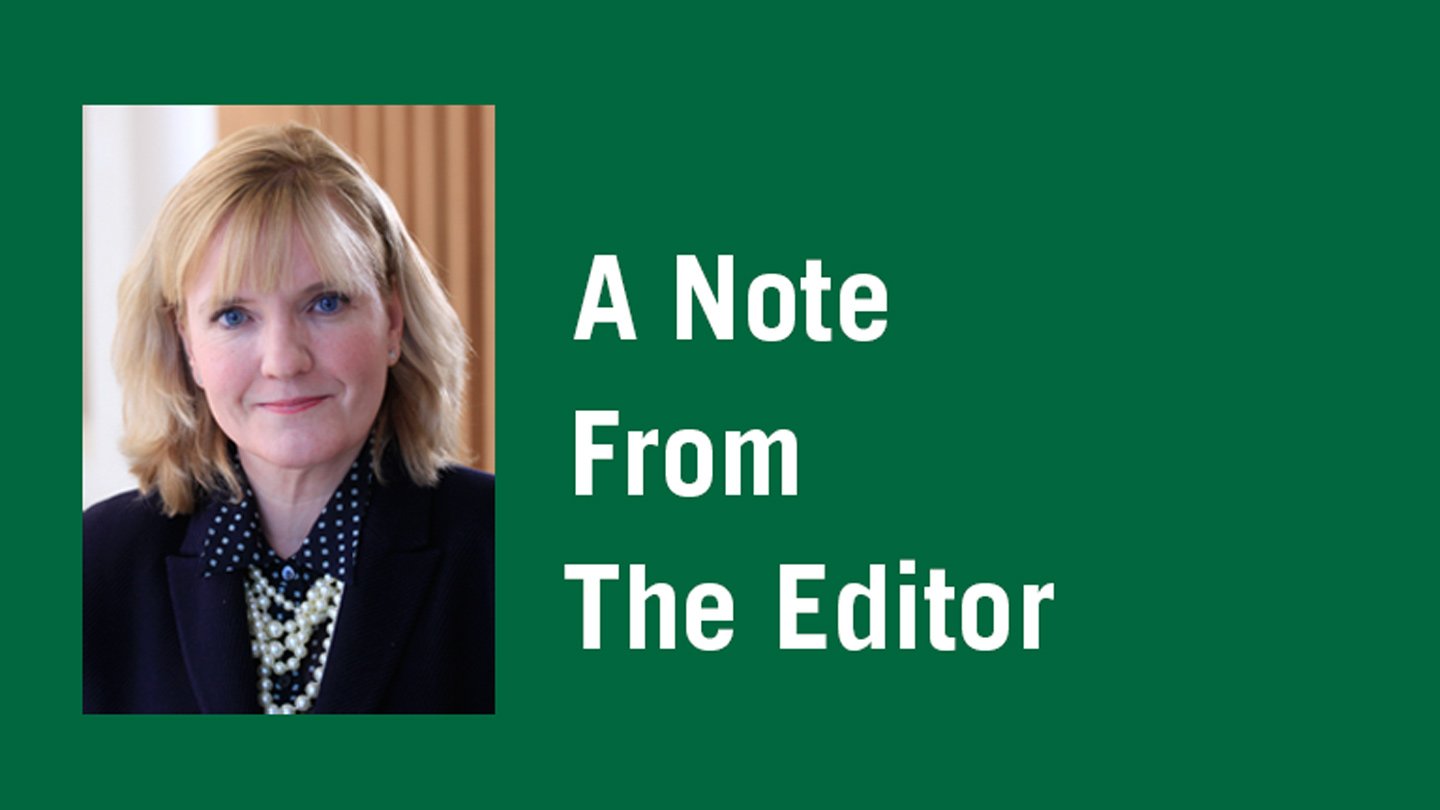Force Majeure During a Pandemic: What You Need to Know

It’s crucial to review contracts during uncertain times.
As global markets, economies and governments marshal their resources to respond to the COVID-19 pandemic, real estate professionals must assess their options to address and absorb the impact. A critical and time-sensitive activity is analyzing the force majeure provisions in important agreements and preparing to make creative arguments to achieve the most favorable outcomes.
What is Force Majeure?
A well-written force majeure provision broadly excuses nonperformance of contractual obligations when there are unavoidable events outside the party’s control that were not reasonably foreseeable, either when the contract was written or in the exercise of due care. Typical clauses include “acts of God” (such as earthquakes, floods or other natural disasters), actions — or inactions (such as unanticipated governmental action, delay or restraint, terrorism and wars), and usually some version of a catch-all provision referring to “other events outside of the control of the parties.” Many force majeure provisions specifically exclude increases in the cost of labor, fuel or materials; labor shortages; economic hardship; and transportation delays, unless they are affecting a wide area beyond the property in question.
Force majeure provisions frequently limit the remedies available. For example, it may be limited to granting additional time for performance (for example, additional time to complete a project), while excluding remedies for cost overruns or losses. Sometimes the maximum time extension is specifically limited. Often an effort to mitigate losses is a prerequisite to claiming a force majeure defense.
However, there are many variations on typical contractual language. While pandemics or epidemics are not often identified as force majeure events, it is possible to craft a successful argument regarding the applicability (or inapplicability) of force majeure protections to the COVID-19 pandemic.
It is also crucial to consider the appropriate timing for making a force majeure claim. Most contracts require notice within days following the event that triggers force majeure protections. In some instances, it may be worthwhile to send a notice ahead of any actual delay or loss to preserve rights regarding any such claim.
Practical Implications of Force Majeure Provisions
Evaluating force majeure clauses in a contract can have significant practical implications and potential benefits. For example, development and construction contracts often link the contractor’s or developer’s fees to completing a project on time and on budget. Force majeure events may allow for a suspension of performance timelines or expansions of the budget to cover extra costs generated by such events.
Similarly, leases with force majeure clauses may protect landlords from damages resulting from delays in delivering the premises or failure to comply with continuous-operation clauses after an adverse event. In very limited cases, they can provide tenants with rent relief during a force majeure event. Construction loan agreements typically require delivery of the project and reaching specific thresholds of occupancy and income within specified periods of time. Failing to achieve these allows the lender to exercise its remedies. Operating covenants often have force majeure exceptions to performance.
A timely and appropriate force majeure claim could stop a loan or contract default and prevent the counterparty from terminating the contract. In each context, a careful interpretation of the force majeure provisions will be necessary to evaluate a party’s options and will be a major factor in making a successful argument for (or against) excused nonperformance.
Is Nonperformance Excused?
Local, state and federal governments shut down major events, schools and other public interactions and, in some cases, mandated lockdowns to promote social distancing. Because of that, nonperformance in certain contexts is inevitable. However, the critical question will be who bears that risk? The answer depends in large part on whether such nonperformance is excused by the COVID-19 pandemic as an event of force majeure.
In the absence of specific language putting pandemics on the list of force majeure events, excused nonperformance will be open to interpretation and creative lawyering. Working with legal counsel to evaluate agreements and prepare arguments can help to avoid litigation and minimize the likelihood of costly repercussions such as defaults.
Grace Winters is a real estate partner in the Orange County office of Manatt, Phelps & Phillips, LLP, and Timi Anyon Hallem is a real estate partner in the law firm’s Los Angeles office.
Sample Force Majeure Clause
Here is an example of a force majeure clause from Legal Dictionary, an online resource for legal information:
“A party shall not be held liable for failure of or delay in performing its obligations under this Agreement if such failure or delay is the result of an act of God, such as earthquake, hurricane, tornado, flooding, or other natural disaster, or in the case of war, action of foreign enemies, terrorist activities, labor dispute or strike, government sanction, blockage, embargo, or failure of electrical service. The non-performing party must make every reasonable attempt to minimize delay of performance. In the event force majeure continues longer than 120 days, either party may terminate the Agreement, repaying the full amount of the deposit within 10 days of termination notice.”






